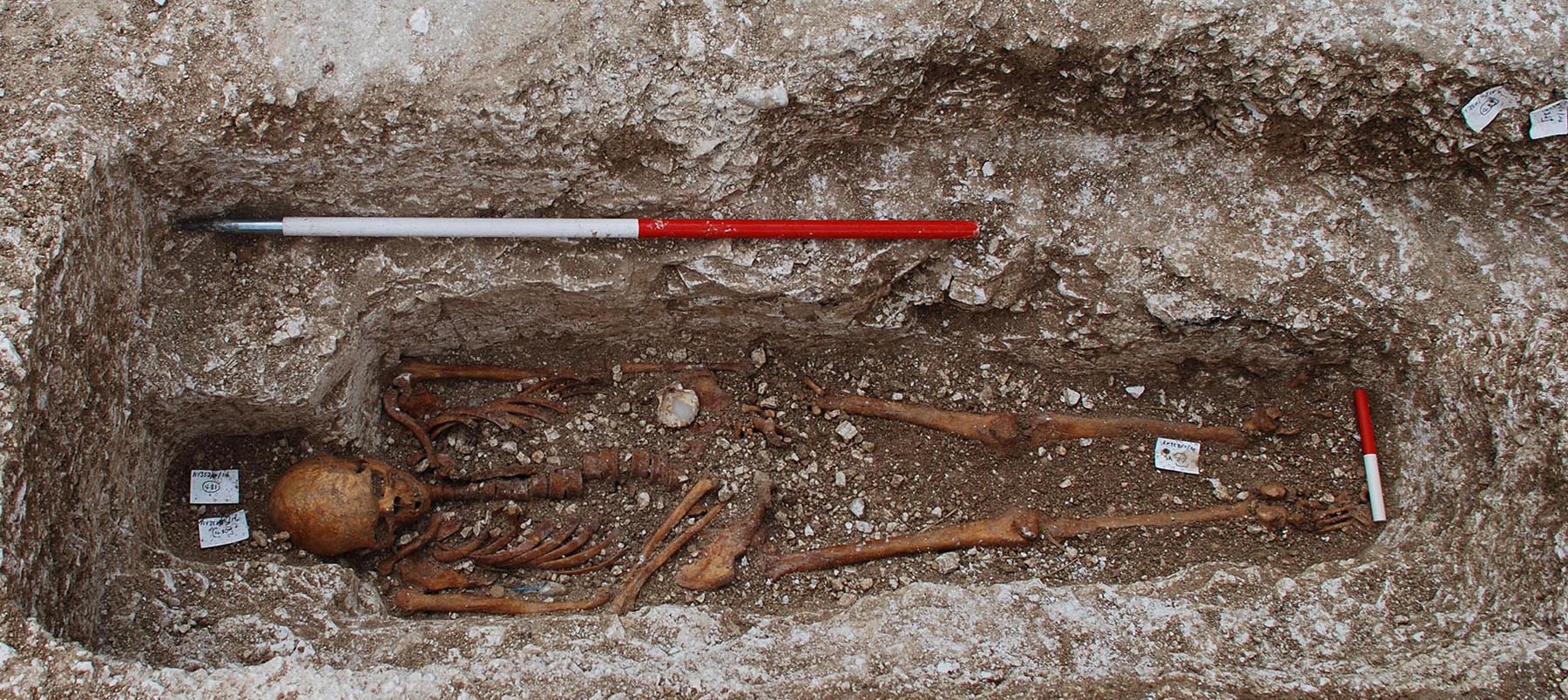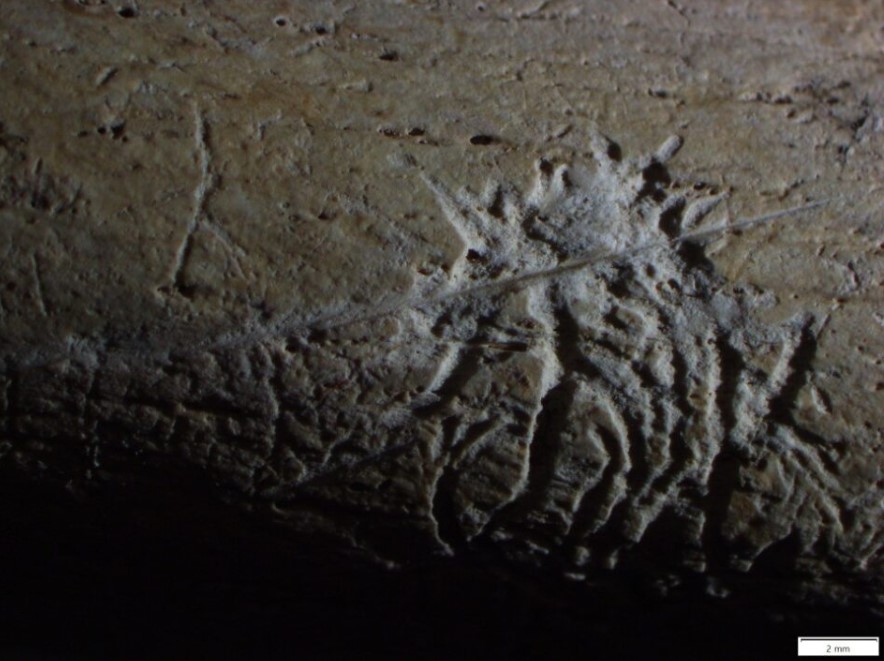
A University of Winchester student has pursued some groundbreaking research into the damage that can occur to buried bones while they are underground and as they are dug up.
Forensics Investigation student Lucy White’s dissertation focuses on accidental damage to remains - an under-researched area compared to the deliberate forms of damage caused by weapons or strangulation.
In murder trials where the manner of death can rely on the assessment of human remains, it’s often legitimate for the defence to ask expert witnesses how sure they can be that damage was caused by an attack rather than during the recovery process.
More research needs to go into the different types of damage which bones sustain when they are recovered from the ground to act as a comparison guide. Damage can include the different marks made by tools such as spades, trowels and shovels.
As careful as the police or forensic personnel are in a search, there is always potential for accidental damage and it is often difficult to prove beyond doubt that damage to bones was not caused when the remains were recovered.

A bone showing a large area of root etching in random patterns, contrasted with a linear, sharp mark to the bone
Other types of natural damage can also occur prior to excavation. These can be caused by weathering, acidic soil or the gnawing of animals. Plant roots can also fracture bones or release an acid which dissolves their surface.
During her research Lucy examined femurs and tibias (our longest bones) from skeletons (like the once pictured top) recovered from the medieval leprosy hospital on Magdalen Hill on the outskirts of Winchester.
She used a stereomicroscope to search for marks and damage and compared her findings with the original excavation notes.
.jpg)
Lucy (pictured above) hopes her findings could help create a database which would help forensic anthropologists differentiate types of damage.
She also hopes her work will help archaeologists develop methods to reduce excavation damage.
Lucy has just finished her course at Winchester and has a conditional offer to complete a Masters’ degree in Bio Archaeology and Forensic Anthropology at University College London where she hopes to continue her research into accidental bone damage.
“I’d love to pursue a career in Forensic Anthropology,” said Lucy, 21 from Reading.
Lucy’s supervisor, Senior Lecturer in Forensics Anna Chaussée, said: "We are all so proud of Lucy's accomplishments and we look forward to working with her on real cases in the future!'”